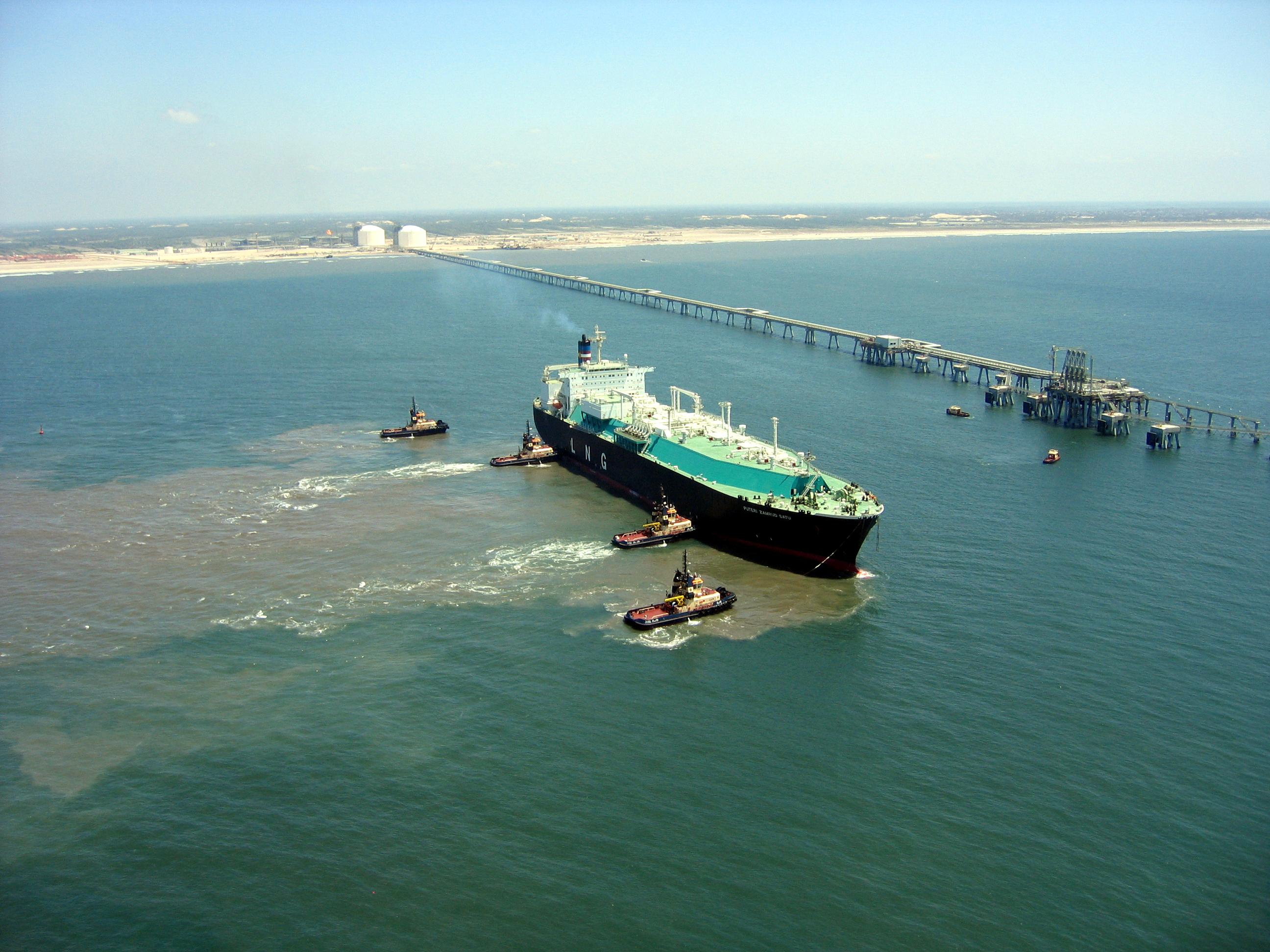- ASRY Awarded 2024 RoSPA Gold Medal in Health and Safety
- BP ponders shifting focus away from renewables, say sources
- QatarEnergy enters 10-year naphtha supply agreement with Japan’s ENEOS Corporation
- The International Energy Agency expects oil demand growth to slow in 2024
- The International Monetary Fund re-selects Kristalina Georgieva as its director
- Libya to target producing 1.4 million b/d by end 2024
- TotalEnergies launches the Marsa LNG project and deploys it multi-energy strategy in Oman
- H.E. Minister Al-Kaabi: Demand for oil and gas will continue for long; we have to be responsible, and Qatar is doing its part
- Egypt to stop exporting LNG starting from the beginning of May 2024
- QatarEnergy selects Nakilat to own and operate 25 conventional LNG vessels

IEA analysis: Gas industry’s future looks bright over next five years

Strong demand growth from China, greater industrial demand, and rising supplies from the United States, will transform global natural gas markets over the next five years according to the International Energy Agency’s latest market forecast.
Global gas demand will grow at an average rate of 1.6% a year, reaching just over 4,100 billion cubic meters (bcm) in 2023, up from 3,740 bcm in 2017, according to the IEA’s latest annual gas market report (Gas 2018) which was released some days ago.
“In the next five years, global gas markets are being re-shaped by three major structural shifts,” said Dr. Fatih Birol, the IEA’s Executive Director. “China is set to become the world’s largest gas importer within two-to-three years, US production and exports will rise dramatically strongly and industry is replacing power generation as the leading growth sector. While gas has a bright future, the industry faces tough challenges. These include the need for gas prices to remain affordable relative to other fuels in emerging markets and for the industry”.
Chinese gas demand is forecast to grow by 60% during the period 2017-2023, underpinned by policies aimed at reducing local air pollution by switching from coal to gas. China alone accounts for 37% of the growth in global demand in the next five years and becomes the largest natural gas importer by 2019, overtaking Japan. The IEA also forecasts strong growth in gas use in other parts of Asia, including in South and Southeast Asia, driven by strong economic growth and efforts to improve air quality.
For end-use sectors, the industry will become the largest contributor to the increase in global gas demand to 2023, taking the lead from power generation, which had historically held this role. The change is especially marked in Asia and other emerging markets thanks to higher gas use in industrial processes and as feedstock for chemicals and fertilizers. Overall, industry accounts for over 40% of growth in global gas demand to 2023, according to the IEA, followed by 26% for power generation.
Major changes are also evident on the supply side, with the United States leading gas production growth worldwide to 2023, thanks to the on-going US shale revolution. Most new US supplies will be geared to export markets as LNG or through pipelines.
LNG is progressively taking a larger share in global gas trade, especially in Asia. LNG trade as a share of total gas trade is forecast to rise from a third in 2017 to almost 40% in 2023. Emerging Asian markets will account for about half of global LNG imports by 2023. This continued rise in the LNG market will have significant impacts on trade flows, pricing structures, and global gas security.
The current wave of LNG export projects will increase liquefaction capacity by 30% by 2023. This will be led by an increase in output from the United States, which accounts for nearly three-quarters of the growth in total global LNG exports in the period, followed by Australia and Russia.
However, a lack of new LNG projects after 2020 could lead to a tightening of LNG markets. Given the long lead time of such projects, investment decisions will need to be taken in the next few years to ensure adequate LNG supply beyond 2023.
Price competitiveness will be crucial for gas to gain a firm foothold in emerging markets. This requires market evolutions and reforms, such as the development of trading hubs, opening up of the downstream to competition and fair access to infrastructure.
Improving air pollution will be a key driver of gas demand, especially in emerging markets, and industry’s ability to improve its environmental footprint, including by reducing methane emissions and expanding the deployment of carbon, capture, utilization and storage technology, will be critical for gas prospects.










